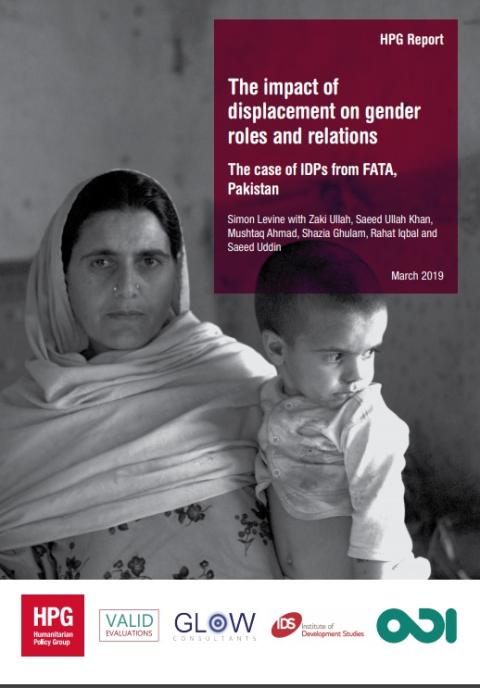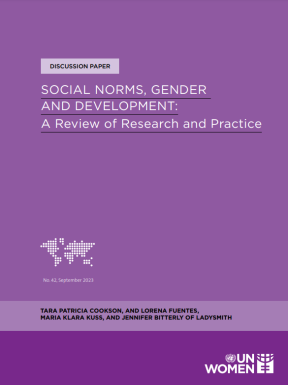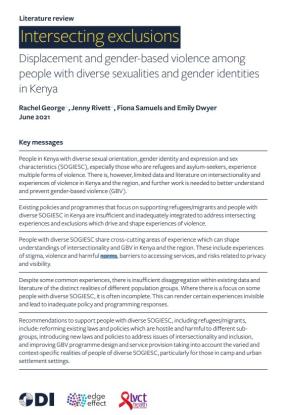- Briefing paper
- 1 mars 2019
The impact of displacement on gender roles and relations
- Author: Simon Levine, Zaki Ullah, Saeed Ullah Khan, Mushtaq Ahmad, Shazia Ghulam, Rahat Iqbal, Saeed Uddin
- Published by: ODI

It is natural to assume that the experience of crisis, and displacement in particular, would lead to changes in gender roles. Crises cause disruption to normal economic and other living conditions, while simultaneously disrupting the social structures (including family) that pass on and enforce social norms, creating opportunities for rapid change to take place in people's roles. This seems an obvious topic for study, particularly for those interested in the well-being and resilience of those affected by crises and displacement.
Surprisingly, such literature is hard to find. This report aims to contribute to filling this evidence gap with a case study, conducted by Valid Evaluations, into how displacement affected women’s roles among Afridi internally displaced persons (IDPs) from Khyber Agency who were displaced to Peshawar District, Khyber Pakhtunkhwa Province in Pakistan.
The study is based on 98 individual interviews and 63 focus group discussions with men and women, girls and boys living in Peshawar District. Participants and interviewees, from unmarried adolescents to the elderly, spoke of changes in their lives as a result of displacement, and compared their own lives to the generations before and after them.
The displacement was traumatic and left most IDPs much poorer than before. Yet many women felt that displacement was hugely positive for them in several respects – from domestic violence becoming less acceptable to more girls being educated.
Women and girls' roles and status changed because of changes in the underlying material circumstances in which they lived. Those fundamental changes are traced in this report, which ultimately questions whether humanitarian assistance engages sufficiently with gender relations and the potential to change them.
- Countries / Regions:
- Pakistan
Briefing paper
6 novembre 2023

Biblio/Lit. review
16 juin 2021

Biblio/Lit. review
1 juin 2020
